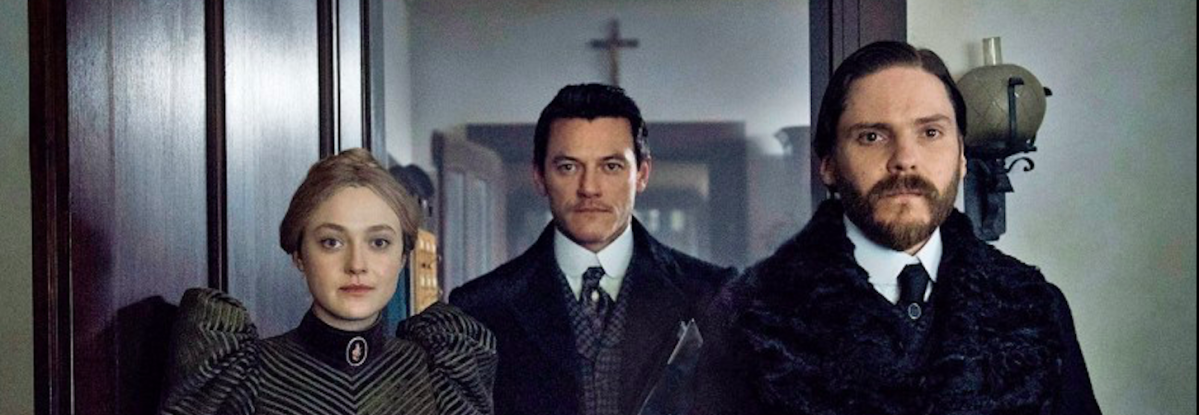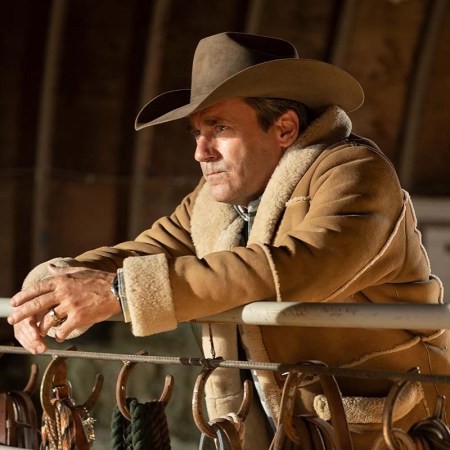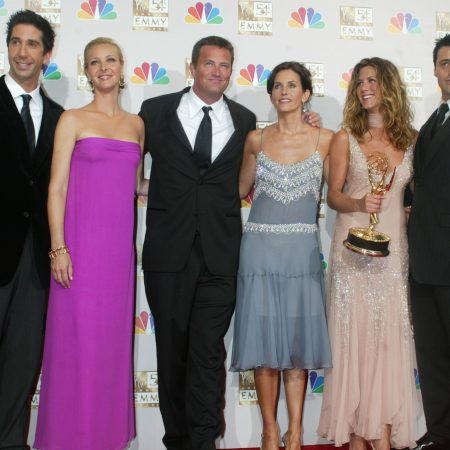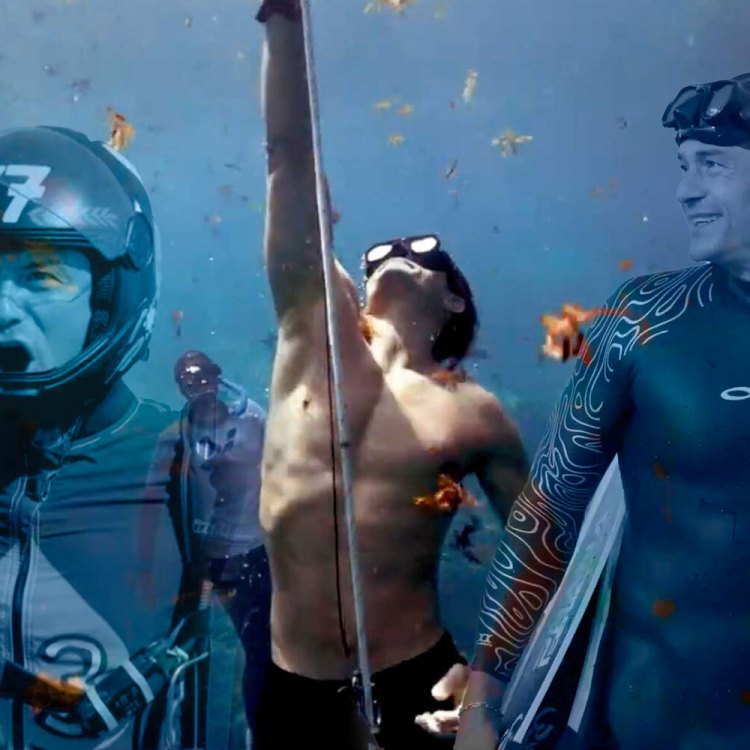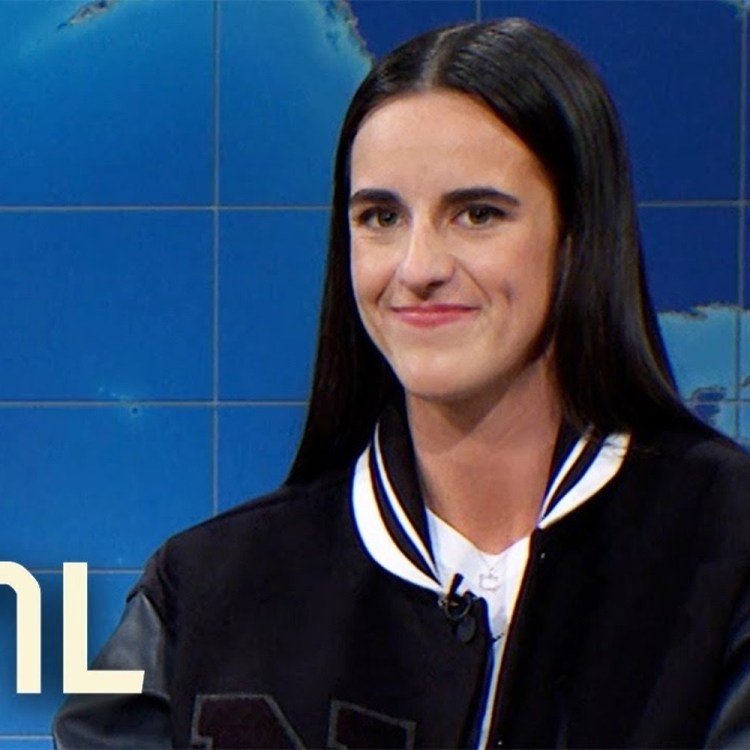In the current television landscape, there are numerous shows about serial killers. There are also series that tackle mental illness. But few, if any, do it in another era and feature a president, before he took office, in prominent role.
Enter The Alienist.
Based on Caleb Carr’s novel, the series is set in New York in 1896 and follows an investigative team assembled by then-police Commissioner Teddy Roosevelt to try to solve a series of murders;
The 10-episode thriller is set in the Gilded Age, Mark Twain’s description of a corrupt era disguised by a faux luster of lavishness. The moniker ‘Alienist’ is an archaic term infrequently used to describe a psychiatrist or psychologist.
In the underbelly of the city, Dr. Laszlo Kreizler, a brilliant and obsessive “alienist,” is using his controversial new methods of treating mental illness to hunt down a ritualistic killer. To make matters worse, the killer actively taunts the doctor by sending him cryptic clues.
Explaining just how Roosevelt figures into the series, Executive Producer Rosalie Swedlin says, “This is the young Roosevelt, so he’s very different than the Roosevelt that is impregnated in people’s minds as our president. This is when he’s recovering from some personal losses and stepping into the job of police commissioner in a very corrupt New York City. We call it the origin story for Teddy Roosevelt.”
Carr published The Alienist back in 1994 and the development of the material has changed hands several times since then, finally landing at Paramount, the studio behind this adaption.
“We started essentially from a blank page, because all the scripts that were previously written were for a two-hour feature film, “explained Swedlin. “Part of the richness of the novel is not just this fantastic investigation of a serial killer when nobody believed that such a thing existed, but it’s how this investigation impacts all of our characters. [It’s also about] being able to transport people back into the world of 1896 when so much of what we take for granted is all new and exciting.”
She added that the delay in the creation of the series actually enriches the material in a very nuanced manner, saying, “Doing it in this moment in time, I think, makes some of the themes and issues that the book depicts that much more relevant and exciting to an audience.”
Swedlin describes those issues as, “We deal with themes of immigration, the exploitation of immigrants, [and the] technological revolution going on — the motor car, the telephone, movies, and the beginning of psychology were all things that were evolving. Even the social and political unrest, the Suffragette movement and the socialist movement. The fact that there was growing mistrust in many institutions, that’s one of the things that will make the series feel so relevant, accessible, and modern while being set in [the past].”
Director Jakob Verbruggen, speaking about the look of the series, says, “It’s creating a visual time machine and literally transporting the audience to the streets of Gilded Age of New York. We all know about the wealthy mansions, and [the famous restaurant] Delmonico’s, but we also take the audience on a journey into the seedy underbelly of the city. We take them to places where nobody would come — to brothels [and the psychiatric hospital] Bellevue. It’s opening doors that haven’t been opened.”
Choosing to play the title character was easy, admitted Daniel Brühl, “I always love the darkness, I have to say. Even when I was a teenager, I read Edgar Allen Poe and Jekyll and Hyde and Sherlock Holmes and whatnot. Reading this book, it reminded me of being a teenager again. I read this book almost with a torchlight under the blanket and I was so fascinated by it.”
Brühl, says that the material isn’t just a complicated mystery thriller, that it’s also a history lesson, “about corruption, about politics.” He added that the narrative also features, “an incredible interior journey going on among the key characters in the story. That all made it a perfect combination.”
Luke Evans, who portrays crime reporter and Dr. Kreizler’s confidante, John Moore, revealed that he struggled with whether to consult the source material or not. “I’ve done a few adaptations, and it’s always a difficult decision to make whether you leave the book and just focus solely on the script or you go back to the book and use it as a reference. With this project, I felt that the book would help, it was useful for me to see the changes in my character because he changes massively from the narrator to a really integral character in the story.”
Chiming in, Dakota Fanning, who also stars as Sara Howard, a secretary in the police department, said that she’s seen actors have issues trying to interpret original material. “I’ve seen them crippled by their love for the book. At some point, have to accept that what you’re doing is based on or inspired by a piece of material, but what you’re actually focusing on are these scripts that the writers are writing. So, for me, I always focus on that.”
Delving more into the characters, Swedlin said, “A big thematic arc that we drew from the book is that all our characters start off as societal outcasts and all of them, to use the appropriate word, are alienated in some way or another from the life in which they’ve grown up. So, they start off just being loners and by the end of the series, they’ve created a family. It’s a huge emotional thread.”
About this, Fanning added, “A really important part of the show that comes up over and over again is that each one of us struggling to confront our past and struggling to be vulnerable with one another. Ultimately, our bonds change throughout the series. By the end, we’re the only ones who could ever possibly understand one another because of this experience.”
Fanning also feels that while that narrative of the series is historical, the topics explored still resonant in today’s society. “There’s a really huge storyline that [shows] that if you don’t speak up and make moves to change things, they continue happening. This is a show set in 1896 and there’s a situation that happens to my character in the workplace that parallels stories that have come out only a few months ago. So, [this is] really important on that level.”
The actress, mulling over whether this is more story to tell, says that right now she’s just happy with this finished product. “What’s so great about having a limited series is that we’re able to tell the story start to finish in ten hours. It’s a beginning and a satisfying end. There could be the potential to do it again, but I think we’re happy to have completed the story of The Alienist for now.
‘The Alienist’ airs Monday nights at 9e/p on TNT.
This article was featured in the InsideHook newsletter. Sign up now.
